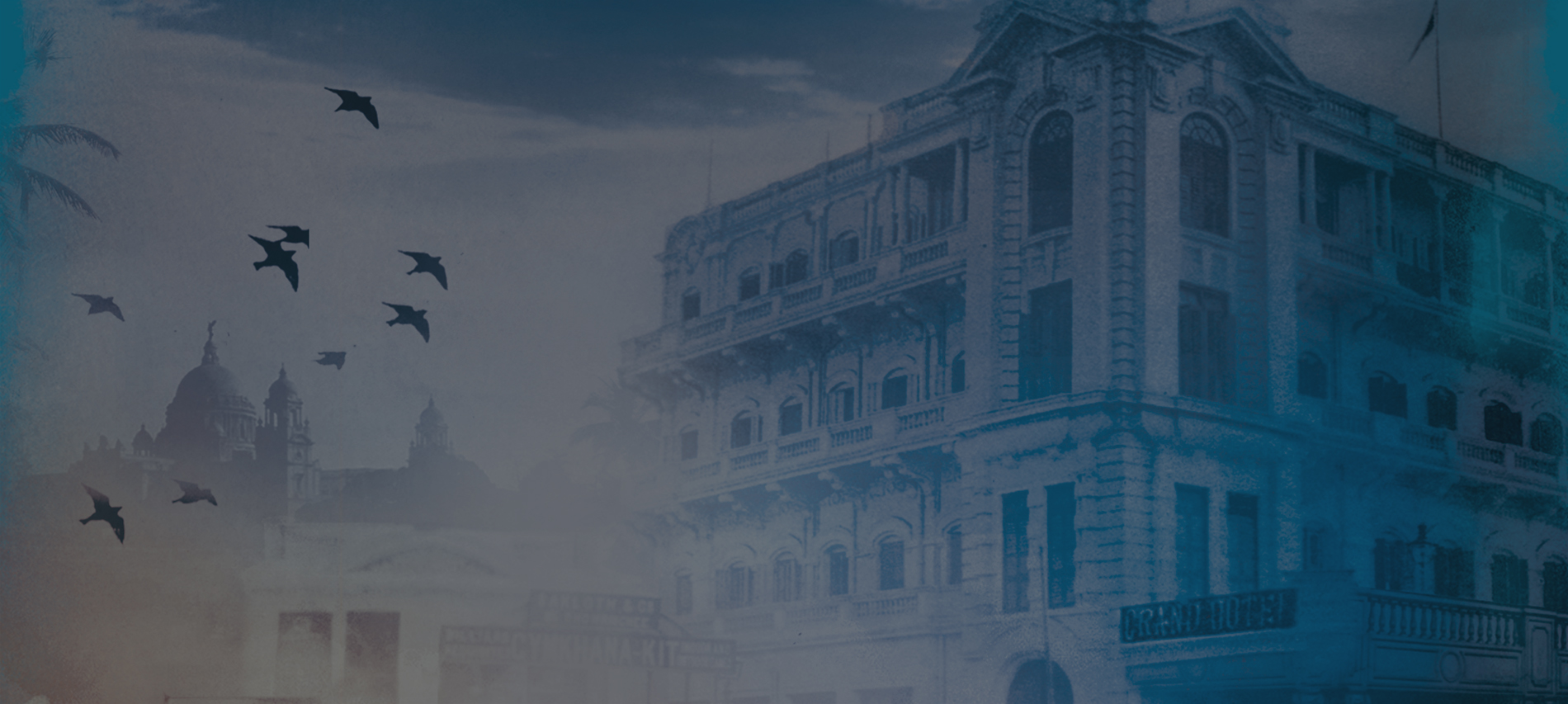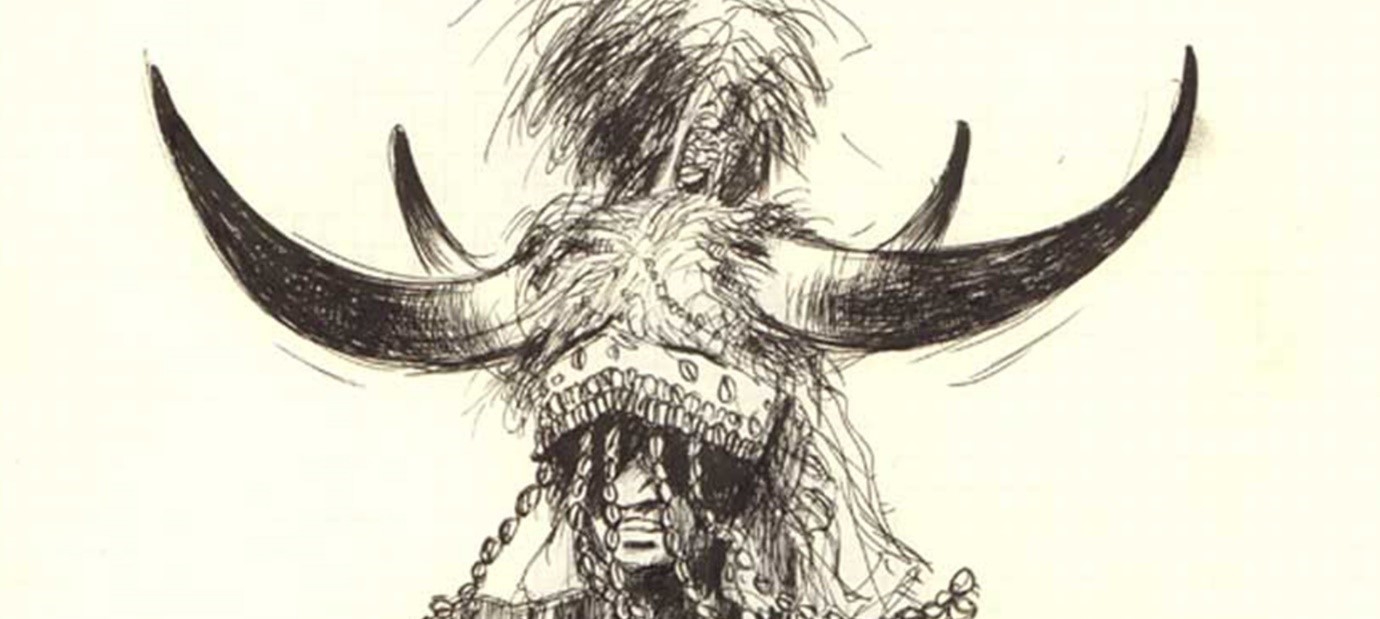Anurag Garg studied to be an engineer but was destined to be a writer. He found his forte in writing by putting random thoughts in the form of a heartfelt story. The bestselling author of A Half-Baked Love Story and Love . . . Not for Sale, he is back with another enigmatic tale of friendship and redeeming power of love called Love Will Find A Way.
Here are 9 things you probably didn’t know about the bestselling author:
Mountains calling!

Aren’t we all?

The Storyteller

Wow!

Next time the Indian cricket team qualifies for a final, you know where to be.

Aww!

Woah!

Heart-melting!

Tag: Bulletin Board
5 Things You Didn’t Know About Abir Mukherjee
Abir Mukherjee is the author of the bestselling crime fiction novel A Rising Man. He is the child of Indian immigrants from Calcutta and grew up in West Scotland. A graduate of the London School of Economics, he currently works in finance in London.
He is back with another enthralling crime fiction called A Necessary Evil.
Here are five things you probably didn’t know about him.
That’s how it started!

Wow!

He didn’t even expect it!

He was born in London.

This time Captain Wyndham and Sergeant Banerjee are in Sambalpore, investigating the assassination of the Maharajah’s son.

Indulge in suspense and thrills with the Captain Wyndham and Sergeant Banerjee’s latest adventures in A Necessary Evil.

Why Should Every Child Know the Story of Auggie Pullman?
The answer to that question is rather simple. It is because August ‘Auggie’ Pullman’s story teaches one about the importance of kindness, and how kindness is the only way one can stand up to bullies.
R. J. Palacio’s novel, Wonder, is a moving tale of how young August Pullman battles some of life’s most cruel adversities from a very young age with the simplest of weapons — kindness and love.
Here are a few times Palacio’s novel reminded us as to why it’s kindness that keeps the world going.
Sometimes, one needs to walk that extra mile.

The difference between being friendly and being a friend.

Kindness is a choice one has to make, not a quality one is born with.

The world could always do with a little more kindness.

Learn more about August’s extraordinary journey as he leaves home for the first time in his life to go to school in fifth grade. All August wants now is to be treated like an ordinary child. But what makes him extraordinary? Grab your copy today and find out!

6 Important Milestones in U.S. and Pakistan’s Defence Relationship
After the enforcement of the Pressler amendment, U.S. aid and military sales to Pakistan were blocked, including a consignment of F-16 fighter aircraft. This move soured the defence relationship between U.S. and Pakistan. However, after the 9/11 attacks, U.S. for its fight against terror, had to seek Pakistan’s help, leading to the repeal of the Pressler Amendment.
Larry Pressler in Neighbours in Arms exposes the enormous power wielded by the military-industrial complex, which he terms ‘Octopus’, and how it controls significant aspects of the American presence in the Indian subcontinent. Here are 6 important milestones in United States and Pakistan’s relationship till the Pressler Amendment was invoked.
In an attempt to prevent the transfer of nuclear materials and technology, Senators Glenn and Symington had sponsored the Symington Amendment in 1976. A year later, the Glenn Amendment added more language to the Symington Amendment. These amendments were clearly directed at Pakistan and were intended to close any loophole that Pakistan, the ISI or the Octopus tried to find.

Presidents Carter and Reagan effectively ignored Pakistan’s nuclear programme and began to turn the spigot back on for military aid to flow to Pakistan.

Almost immediately, Congress also authorized a six-year $3.2-billion package of military and economic assistance to Pakistan, in order to make sure that they continued to cooperate with US regarding the Soviet invasion of Afghanistan.

The Pakistanis were further angered because they were forced to pay storage fees for the unused F-16s, housed in a boneyard in Arizona.

Pakistanis were particularly concerned with the blossoming military relations between India and U.S.

This move by the Bush administration came after 9/11 in order to forge new relations with Pakistan.

Tell us which aspect of the relationship of U.S. and Pakistan did astonish you the most.

8 Things that Scaachi Koul Said that Will Always Matter (Even When We are All Dead)
As children growing up, we tend to question everything and everyone. More often than not, we rebel against age-old customs imposed on us at every step, only to be told by our elders that we are too young to understand the ways of the world. Amidst this hormonal and social chaos that we are suddenly pushed into, it can be difficult to know that you’re not the only one who feels this way. Sometimes you just need someone to tell you that at the end, everything will turn out to be just fine.
Here are 8 times Indian-origin Canadian writer Scaachi Koul said things that would have made growing up so much easier.
When she told us that it’s okay to be any size, but not okay to be shamed for it.

When she showed us how a piece of clothing might define our waistlines, but not how we are as human beings.

When she taught us how it’s important to rationally question everything, including our parents.

When she held a mirror to our society’s face and magnified the ugly truth.

When she reminded us of our first childhood heroes.

When she showed us why it’s alright to do everything ‘forbidden’ and not feel guilty.

When her humour was self-deprecating, yet, damn honest.

And finally, when she told us exactly what we all need to know…

So, what is your advice to your teenage self?

7 Things You Didn’t Know About the Law of Freedom of Speech
Freedom of Speech is one of the pivotal fundamental rights granted by the Constitution to the citizens of India. Abhinav Chandrachud’s Republic of Rhetoric brings to light the law of free speech in India and how it has transformed over the years. Also analysing the present law relating to obscenity and free speech, this book evaluates whether the enactment of the Constitution made a significant difference to the right to free speech.
Here are 7 things about the law of freedom of speech that will leave you stunned.
A closer look at its history and evolution reveals that the enactment of the Constitution made little or no substantive difference to the right to free speech in India.

The Indian Press Act, 1910, said that the government could not ask a newspaper to furnish a security of more than Rs 2000, while later, the Indian Press (Emergency Powers) Act, 1931, said that the security could not exceed Rs 1000.

This decision was perhaps taken because members of the Sub-Committee believed that non-citizens could not be trusted with the right to free speech because they would not necessarily have had India’s best interests at heart.

No person can show his film to the public without a certificate from the Censor Board.

After the enactment of the Constitution, laws relating to hate speech in India have only been strengthened.

The inclusion of the word ‘reasonable’ in Article 19(2) was an important compromise.

Judgments of the Supreme Court and the Punjab, Patna and Madras High Courts had made it difficult for the government to restrict hate speech or speech which promoted enmity between different groups

Which aspect of the freedom of speech surprised you the most? Tell us.

Behind the Scenes of ‘Vyasa’: From the Sketchbook of Illustrator Sankha Banerjee
Vyasa by Sibaji Bandopadhyay, is a stunning rendition of the beginning of the Mahabharata, the first of a trilogy that sets the stage for the grand battle of Kurukshetra.
Breathing life into the story is illustrator Sankha Banerjee, whose stunning artwork almost gives a cinematic edge to a story that has been retold through generations.
Here’s taking a peek into the sketchbook of Sankha Banejee, the magician at work.
The Epilogue

The servant girl who loved Vyasa

‘City of elephants’ — Hastinapura

Bhishma

Sauti is a dancer story-teller

Another one from the sketchbook

Stunning, don’t you think? Don’t wait to grab your copy now!

What Do We Learn from Roald Dahl’s Books?
Roald Dahl’s books7 have made our childhoods magical. As their characters stepped into bizarre worlds, met strange people and accomplished something fantastic by the end, we were often left with a warm, happy feeling from within.
But the brilliant Roald Dahl made sure he never missed out on leaving small messages for his young readers, in the disguise of magical words woven into fascinating tales.
Here are a few things we have learned from Roald Dahl’s books.
When he showed us why it’s important to be a good person.

When he showed us why it’s important to be extraordinary.

When he taught us the secret to never growing old!

When he showed us how there’s no end to knowledge.

Share with us what you learned from your favourite Roald Dahl book this Roald Dahl Day!
Everything You Need to Know About Level 5 Leadership
IN 1971, A SEEMINGLY ordinary man named Darwin E. Smith was named chief executive of Kimberly-Clark, a stodgy old paper company whose stock had fallen 36% behind the general market during the previous 20 years. Smith, the company’s mild-mannered in-house lawyer, wasn’t so sure the board had made the right choice—a feeling that was reinforced when a Kimberly-Clark director pulled him aside and reminded him that he lacked some of the qualifications for the position. But CEO he was, and CEO he remained for 20 years.
What a 20 years it was. In that period, Smith created a stunning transformation at Kimberly-Clark, turning it into the leading consumer paper products company in the world. Under his stewardship, the company beat its rivals Scott Paper and Procter & Gamble. And in doing so, Kimberly-Clark generated cumulative stock returns that were 4.1 times greater than those of the general market, outperforming venerable companies such as Hewlett-Packard, 3M, CocaCola, and General Electric.
Smith’s turnaround of Kimberly-Clark is one the best examples in the twentieth century of a leader taking a company from merely good to truly great. And yet few people—even ardent students of business history—have heard of Darwin Smith. He probably would have liked it that way. Smith is a classic example of a Level 5 leader—an individual who blends extreme personal humility with intense professional will. According to our five-year research study, executives who possess this paradoxical combination of traits are catalysts for the statistically rare event of transforming a good company into a great one. (The research is described in the sidebar “One Question, Five Years, 11 Companies.”)
“Level 5” refers to the highest level in a hierarchy of executive capabilities that we identified during our research. Leaders at the other four levels in the hierarchy can produce high degrees of success but not enough to elevate companies from mediocrity to sustained excellence. (For more details about this concept, see the exhibit “The Level 5 Hierarchy.”) And while Level 5 leadership is not the only requirement for transforming a good company into a great one— other factors include getting the right people on the bus (and the wrong people off the bus) and creating a culture of discipline—our research shows it to be essential. Good-to-great transformations don’t happen without Level 5 leaders at the helm. They just don’t.
Not What You Would Expect
Our discovery of Level 5 leadership is counterintuitive. Indeed, it is countercultural. People generally assume that transforming companies from good to great requires larger-than-life leaders—big personalities like Lee Iacocca, Al Dunlap, Jack Welch, and Stanley Gault, who make headlines and become celebrities.
Compared with those CEOs, Darwin Smith seems to have come from Mars. Shy, unpretentious, even awkward, Smith shunned attention. When a journalist asked him to describe his management style, Smith just stared back at the scribe from the other side of his thick black-rimmed glasses. He was dressed unfashionably, like a farm boy wearing his first J.C. Penney suit. Finally, after a long and uncomfortable silence, he said, “Eccentric.” Needless to say, the Wall Street Journal did not publish a splashy feature on Darwin Smith.
But if you were to consider Smith soft or meek, you would be terribly mistaken. His lack of pretense was coupled with a fierce, even stoic, resolve toward life. Smith grew up on an Indiana farm and put himself through night school at Indiana University by working the day shift at International Harvester. One day, he lost a finger on the job. The story goes that he went to class that evening and returned to work the very next day. Eventually, this poor but determined Indiana farm boy earned admission to Harvard Law School.
He showed the same iron will when he was at the helm of Kimberly-Clark. Indeed, two months after Smith became CEO, doctors diagnosed him with nose and throat cancer and told him he had less than a year to live. He duly informed the board of his illness but said he had no plans to die anytime soon. Smith held to his demanding work schedule while commuting weekly from Wisconsin to Houston for radiation therapy. He lived 25 more years, 20 of them as CEO. Smith’s ferocious resolve was crucial to the rebuilding of Kimberly-Clark, especially when he made the most dramatic decision in the company’s history: selling the mills.
This is an excerpt from HBR’s 10 Must Reads (On Leadership). Get your copy here.
Credit: Abhishek Singh
9 Indian Classics That You Must Read (If You Haven’t Already)
From the endless number of books written by Indian writers in multiple languages, there have been a few which have broken barriers of time and language successfully. Read by millions of people down in India and across the world, here are nine classics that you should include in your ‘must-read’ list, if you haven’t already.
Abhijnanashakuntalam

Arthashastra

Baburnama

Home and the World

I, Lalla

Kamasutra

Kural

My Name is Radha

Tamas

Grab your set of these timeless stories here today!



















